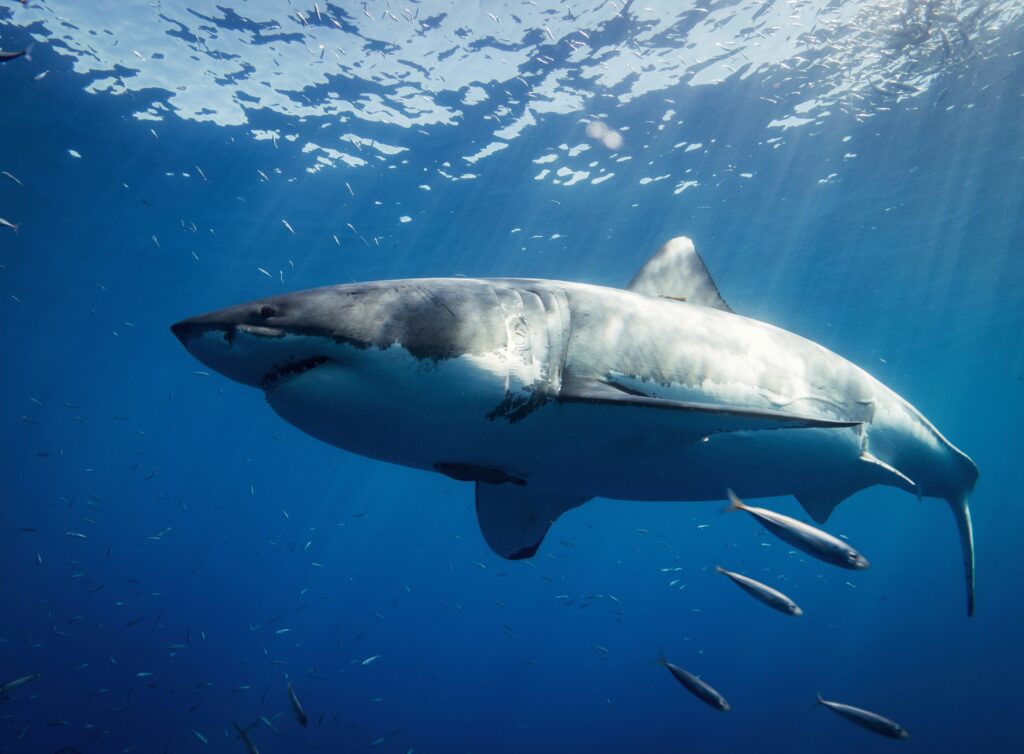A new study warns that ocean acidification could erode shark teeth, leaving the apex predators less able to feed and destabilizing marine ecosystems. As oceans absorb more carbon dioxide, pH levels drop — projected to fall from today’s 8.1 to 7.3 by 2300. Researchers tested 60 blacktip reef shark teeth in simulated seawater and found those in acidic conditions suffered about twice as much damage, including root corrosion and altered serrations.
Lead author Maximilian Baum of Heinrich Heine University said weaker teeth would add to sharks’ existing struggles, such as prey shortages. While sharks may adapt by speeding up tooth replacement, sensitive species could be most at risk. The findings highlight the wider dangers of ocean acidification, which already harms corals, mussels, and shells, and reinforce the need to cut human-caused CO2 emissions. Experts note further research is needed to see if damaged teeth still function effectively in hunting.


